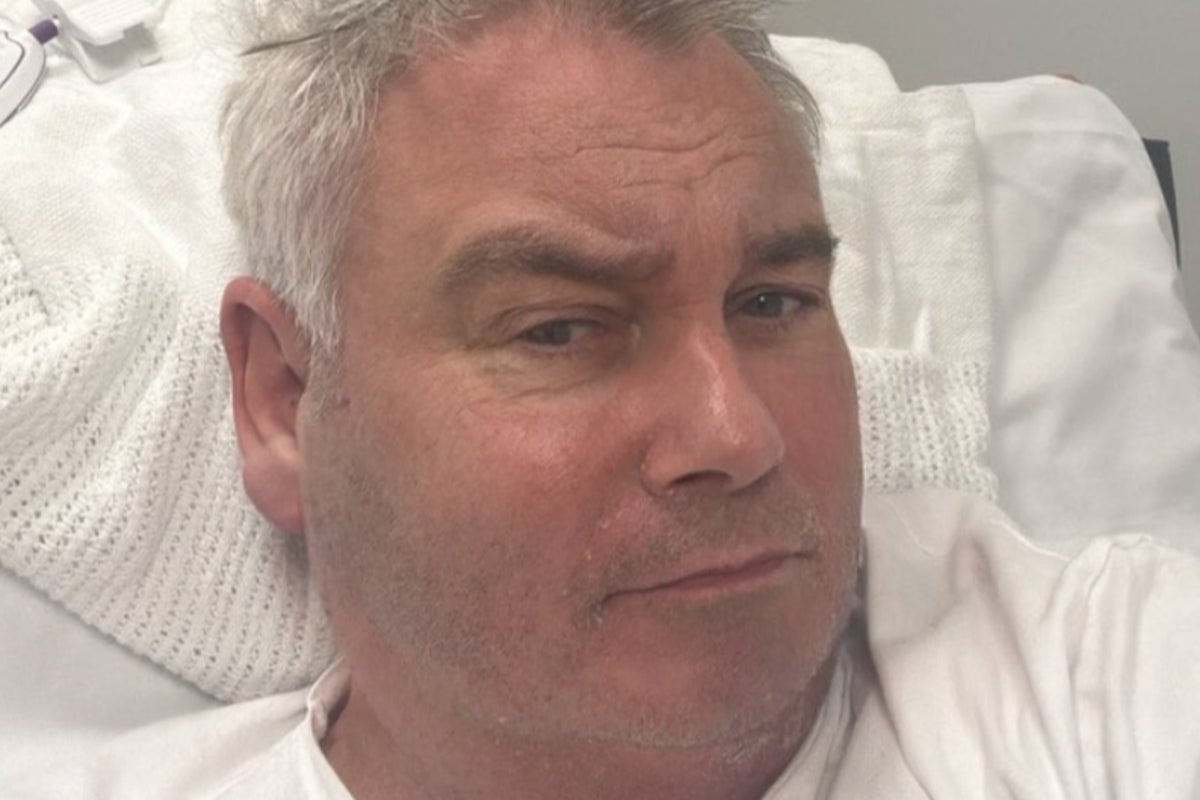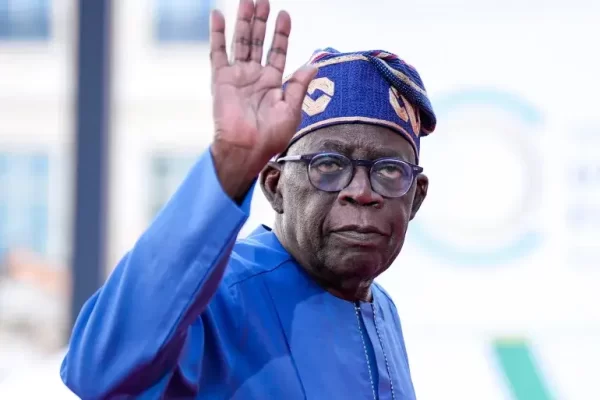ECOWAS Marks 50th Anniversary: Leaders Call for Unity and Stronger Ties

The Economic Community of West African States (ECOWAS) recently celebrated its 50th anniversary in Lagos, Nigeria, marking five decades of regional cooperation and integration. The event, attended by prominent leaders including Nigeria's President and ECOWAS Chairman Bola Tinubu, surviving founding father General Yakubu Gowon, and the Presidents of Liberia, Togo, and Guinea-Bissau, alongside other foreign ministers and representatives, served as a platform to reflect on past achievements, address current challenges, and reaffirm commitment to the bloc's founding ideals. President Tinubu hailed ECOWAS as the "beacon of Africa's Unity," urging member states to translate policies into tangible actions for the benefit of their citizens.
The anniversary was particularly poignant as it was held at the Nigerian Institute of International Affairs (NIIA) in Lagos, the very venue where the Treaty of Lagos establishing ECOWAS was signed on May 28, 1975. General Yakubu Gowon, Nigeria's former Head of State and the only surviving co-founder, reminisced about the bloc's origins, revealing that the idea for ECOWAS emerged from discussions with the late Togolese leader, General Gnassingbé Eyadema, in the aftermath of Nigeria's civil war. Their vision was to foster economic cooperation and integration, promote collective self-sufficiency, and improve the living standards of West African citizens, transcending colonial linguistic and political divides by bringing together Anglophone, Francophone, and Lusophone nations.
Over its 50-year journey, ECOWAS has registered significant achievements. Leaders highlighted the pioneering free movement of people, which has expanded inter-regional trade and cultural exchange. Key initiatives like the ECOWAS Trade Liberalisation Scheme, a regional digital customs tracking system, and major transport corridors such as Abidjan-Lagos and Abidjan-Dakar were lauded for promoting economic integration. The bloc has also played a crucial role in peace and security, acting decisively to restore constitutional order in member states through its military wing ECOMOG, countering intervention, and fostering regional cooperation against terrorism and financial crime through mechanisms like the Inter-Governmental Action Group against Money Laundering in West Africa (GIABA). Furthermore, ECOWAS has championed democratic norms through election observation, mediation, and institutions like the ECOWAS Parliament and Court of Justice, alongside efforts in agriculture, infrastructure (ECOWAS Infrastructure Master Plan 2020-2045), and embracing ICT and digitalization, including platforms like ECOGO for gender reporting.
Despite its successes, the golden jubilee was overshadowed by pressing challenges, with the anniversary described as occurring at one of the worst moments in recent years for the bloc. A major concern is the recent withdrawal of Mali, Burkina Faso, and Niger – who have formed the Alliance of Sahel States (AES) – from the community following military coups, a development General Gowon described as troubling. These countries announced their intent to withdraw, citing dissatisfaction with sanctions and perceived foreign influence. Nigeria's Foreign Minister Yusuf Tuggar noted that these withdrawals, coupled with potential external alliances, particularly with Russia and its private military groups, could pose significant regional security risks and potentially create an "arc of instability" encircling Nigeria. The Sahel region itself was ranked in 2024 as the epicenter of global terrorism for the second consecutive year, accounting for more than half of global terror-related deaths. Other persistent issues include violent extremism, kidnapping, various criminal activities, drug abuse, geopolitical competition, mounting economic difficulties, and the rising cost of living across West Africa.
In response to these challenges, ECOWAS is taking proactive steps. The Commission is moving to combat drug abuse with the development of a comprehensive digital platform to serve as a centralised system for data input and to enhance the West African Epidemiology Network on Drug Use (WENDU) project. There's a strong emphasis on continued dialogue with the departed member states. General Gowon expressed optimism for their return, advising ECOWAS to remain open-minded and open-handed, and expressed confidence that they would eventually return. ECOWAS President Dr. Omar Touray confirmed that communication channels remain open, with a shared understanding of the need to stay together as a West African family. Echoing this sentiment, Nigerian Foreign Minister Yusuf Tuggar expressed confidence that the three nations will eventually return to the bloc, emphasizing that democracy is a process. President Tinubu outlined future priorities, including deliberately investing in youth and women's education, entrepreneurship, healthcare and leadership opportunities, advancing digital transformation, developing critical infrastructure, and ensuring food security. He reiterated Nigeria’s enduring commitment to ECOWAS and its "renewed hope agenda."
Nigeria's pivotal role in ECOWAS was consistently underscored throughout the celebrations. President Tinubu reaffirmed the nation's steadfast commitment, highlighting Nigeria's historical contributions including the deployment of professionals through the Technical Aid Corps. Foreign Minister Yusuf Tuggar emphasized the mutual benefits, noting how Nigerian businesses gain from ECOWAS through trade facilitation and market access. Tuggar also articulated ECOWAS's principled stance on international issues, explicitly stating the bloc's condemnation of the continuing siege on Gaza and its support for a two-state solution. He emphasized Nigeria's foreign policy aims to position the country strategically in a multipolar world, leveraging ECOWAS, the African Union, and broader global institutions like the United Nations.
The 50th-anniversary celebration, which included a re-enactment of the original ECOWAS declaration, concluded with a strong call for renewed commitment to the founding vision of unity and shared prosperity. President Tinubu urged member states to "draw strength from our history, courage from our struggles and hope from our shared potential," emphasizing that the future of ECOWAS belongs to its people and their dreams. The sentiment was echoed by various stakeholders who believe that despite current adversities, the spirit of cooperation, solidarity, and hope that birthed ECOWAS in 1975 will continue to guide the region towards a more integrated, peaceful, and prosperous future. Former Nigerian President Muhammadu Buhari conveyed his congratulations, citing medical reasons for his absence.








